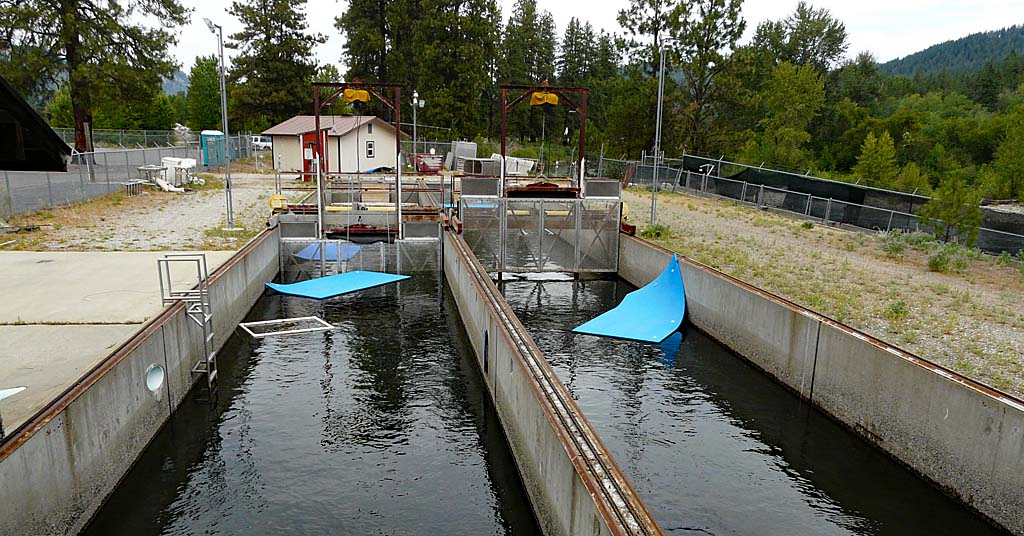Oregon may expand RV protection to farmland
Published 10:30 am Monday, January 23, 2023

- Recreational vehicles could be used to help prevent thefts from farms and ranches under a bill before the Oregon Legislature.
Recreational vehicles could be used to guard against theft on Oregon farmland under legislation that would broaden a land use rule currently limited to forestland.
Under House Bill 2203, RVs could be parked for up to five months in “exclusive farm use” zones to protect equipment and crops, expanding the list of conditionally permitted uses in areas otherwise restricted to agriculture.
Trending
Forest zones across the state already allow for RVs to temporarily house security personnel who watch over logging sites and machinery, said Becky Crockett, a farmer and planning director for Curry County who supports the bill.
“For some reason, that same provision in land use is not allowed in agricultural zones,” she said during a Jan. 19 legislative hearing.
Farms also have plenty of items that are attractive to thieves, especially since inflation has greatly increased prices for feed, seed, fertilizer and tools after the outbreak of the COVID pandemic, Crockett said.
Meanwhile, even relatively small tractors cost tens of thousands of dollars, and criminals have even cut holes in sheds to remove machinery, she said.
“It doesn’t take much theft on a farm to come up with a substantial impact on the bottom line,” Crockett said.
Thieves have been known to stake out farm properties and strike when they’re sure the operators and their employees are off-site, she said.
Trending
A dearth of frequent law enforcement patrols in rural areas has emboldened criminals to seize such opportunities, Crockett said.
Over the past two years, thefts have surged in Southern Oregon partly due to an influx of out-of-state methamphetamine addicts and workers employed by illegal marijuana farms, Crockett said.
HB 2203 would allow farmers to temporarily park RVs near machinery during vulnerable times, such as during harvest or when a rash of thefts has been reported, according to supporters.
If the legislation passes, landowners in farm zones would still need to obtain conditional use permits from local governments to use RVs for security.
The state’s Department of Land Conservation and Development has suggested only minor revisions to the bill, such as clarifying that RVs could be used by “commercial agricultural enterprises.”
Though the Oregon Farm Bureau is often reluctant to change land use protections for agriculture, the organization favors the bill.
“Our farm members should have the same opportunity to protect their operations and investments as our small woodland owners do,” said Lauren Poor, the group’s vice president of government and legal affairs.









